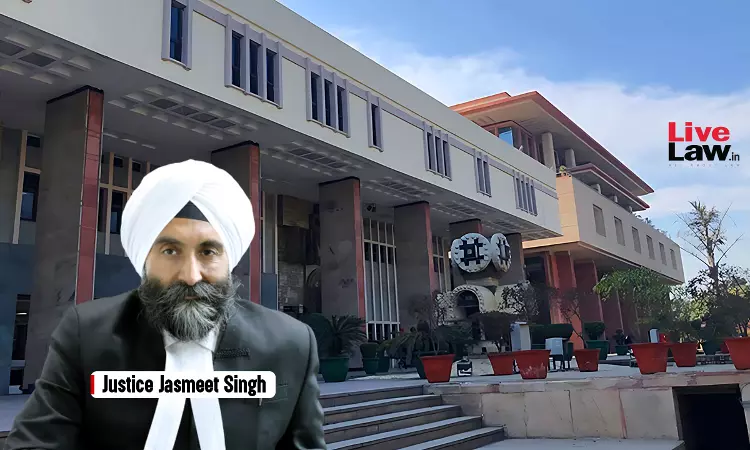The Delhi High Court Bench of Mr. Justice Jasmeet Singh held that the role of the court under section 9 of the Arbitration Act is to preserve the subject matter of the Arbitration till the arbitral tribunal decides the claims on merits. Whether termination of the agreement was valid or not is not be decided by the court at section 9 stage. Primacy to agreement between the parties has to be...

